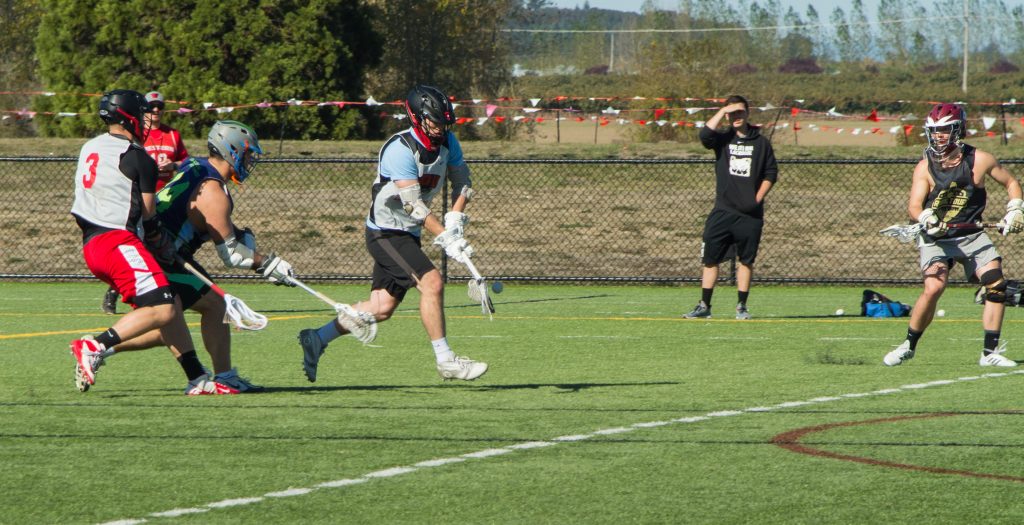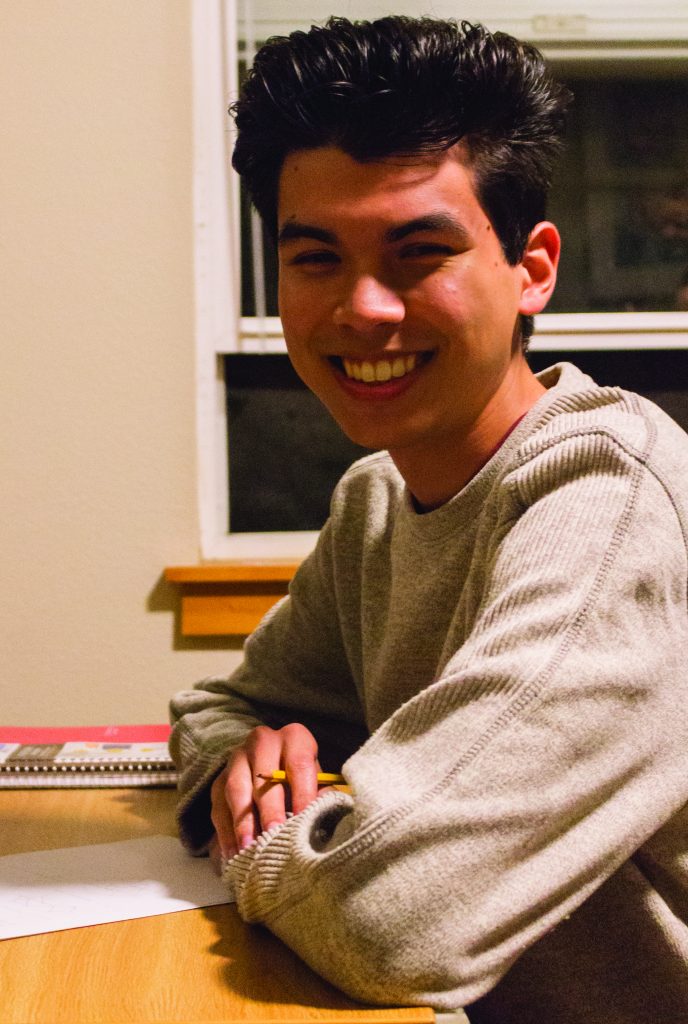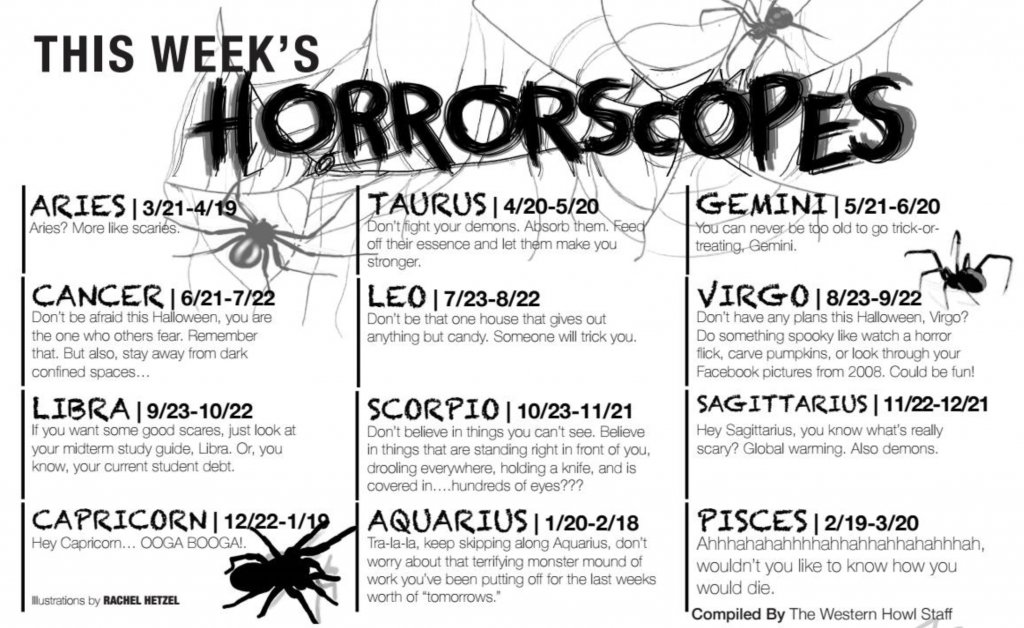Bailey Thompson | News Editor
Despite the rain pouring outside, a room full of Western students and staff came together on Oct. 25 — in the midst of Domestic Violence Awareness Month — to offer community and support to those affected by domestic and sexual violence. Paper hearts with messages of hope and Abby’s House Advocates dressed in blue vests were spotted throughout the room.
To open the event, Abby’s House Director Aislinn Addington and a number of the student advocates explained that Take Back the Night was first held in the United States in 1975 when a young microbiologist named Susan Alexander Speeth was murdered while walking home from work.
“Today, we know that attacks and assaults do not only happen in the night,” Abby’s House Advocate Gisela Ayala shared. “Data shows that women are at risk at all times of the day because women are most likely to be abused or attacked by people that they know, not just strangers in the dark. We also know that folks of all genders experience interpersonal violence and we are here to support all survivors.”
Then, advocates led the crowd in a silent reflection where attendees listened as a gong sounded every nine seconds — a sound that symbolized the amount of time that passes between each instance where physical violence occurs in the United States.
At this time, Addington introduced Carli Rohner, the Campus Advocate Coordinator from the Oregon Attorney General’s Sexual Assault Task Force.
“Violence is preventable, and we all have a role to play in that,” said Rohner. She shared that their goal is to figure out how to “build communities that…can respond and take care of each other better,” and to “make sure that (domestic and sexual violence) doesn’t have to happen.”
Rohner also encouraged those present to think about a reality in which violence is not rampant, although she acknowledged that this can be hard for many to do.
“Culture is not stuck,” said Rohner. “When we think about it over time, our humanity, collectively, has done some really wildly different things if we look back 40, 50, 60, 100, 200 years ago. We’re doing things differently now…and most of the change that we see, especially with in the United States context, is driven by students.”
If Western students want practical, tangible steps they can take, Rohner emphasized that most things that are interruptive of negative behaviors really don’t take long to do: go to a Green Dot training, share campus resources like Abby’s House or the Student Health and Counseling Center, support people with marginalized identities and don’t be afraid to take time for self-care.
The biggest and most basic things she suggested — to believe survivors who come to you.
“No matter what they tell you,” said Rohner. “I’ll give you two phrases: ‘I totally believe what you’re saying’ and ‘It wasn’t your fault.’ When folks hear that…they are 80 percent more likely to get help and assistance moving forward and much less likely to experience some of the bad things we talk about in terms of like PTSD and other effects of trauma.”
Following the talk, students were given the microphone and a platform to share their stories and experiences with violence. An emotional time for all, a number of students gave accounts that moved them and the audience to tears. For many, these memories were hard to share, but freeing to not carry alone anymore.
To conclude the event, marchers took up signs and glow sticks and chanted in unison as they walked through campus. With empowering statements including “we won’t take it anymore,” “violent acts have got to go” and “survivors unite,” they joined together to take back the night.
After marching, the group gathered in a circle, lit candles and shared why they wanted to end domestic violence — daring to dream of a brighter future.
If students would like to talk with someone about these issues, they can contact Carli Rohner at carli@oregonsatf.org or visit Abby’s House or the Student Health and Counseling Center on Western’s campus.
Contact the author at howlnews@wou.edu
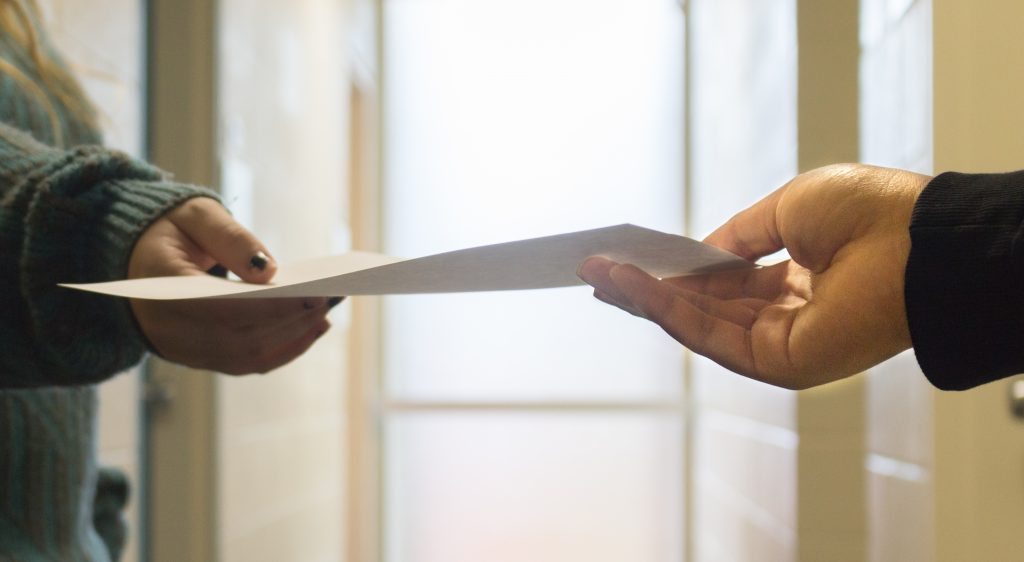


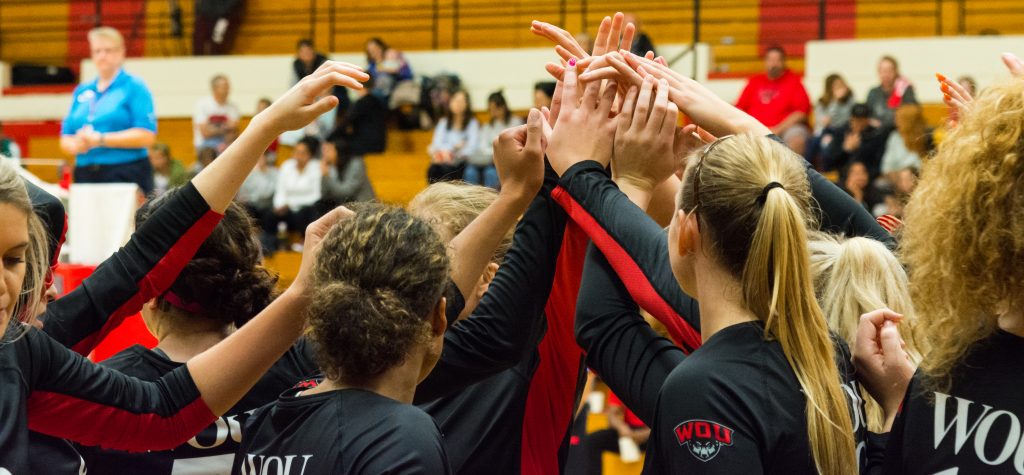
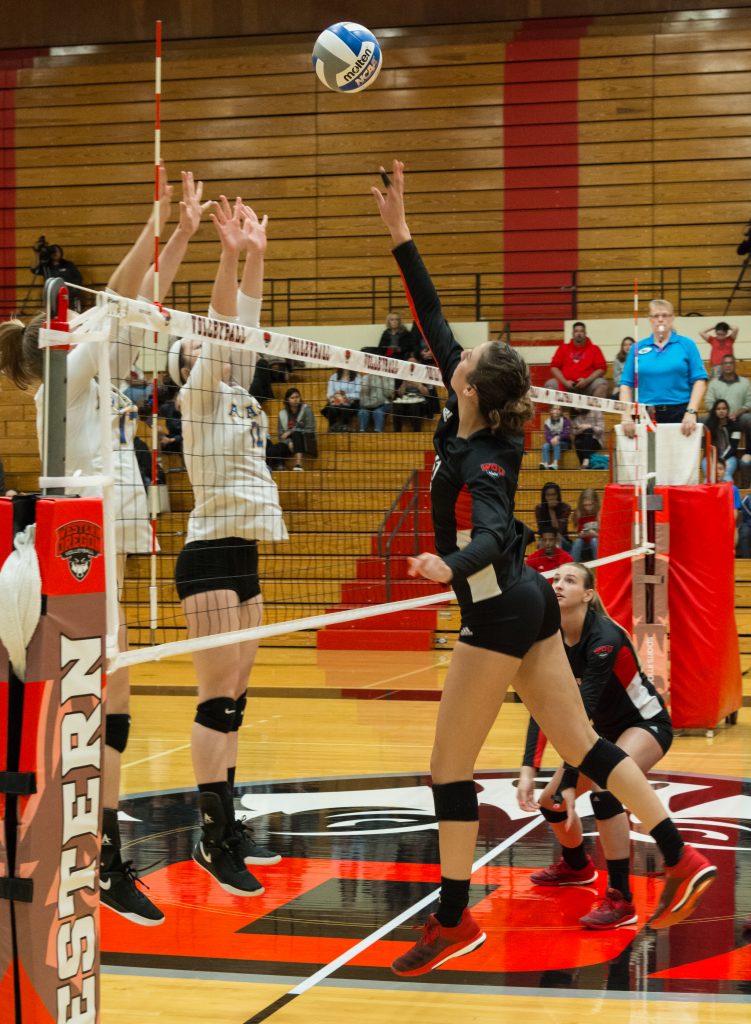 After a dominating win in the first match, the Wolves momentum seemed to immediately die. The Nanooks took control of Western and led the entirety of the second match. Alaska Fairbanks warded off several comeback attempts and won the second match with ease.
After a dominating win in the first match, the Wolves momentum seemed to immediately die. The Nanooks took control of Western and led the entirety of the second match. Alaska Fairbanks warded off several comeback attempts and won the second match with ease. 